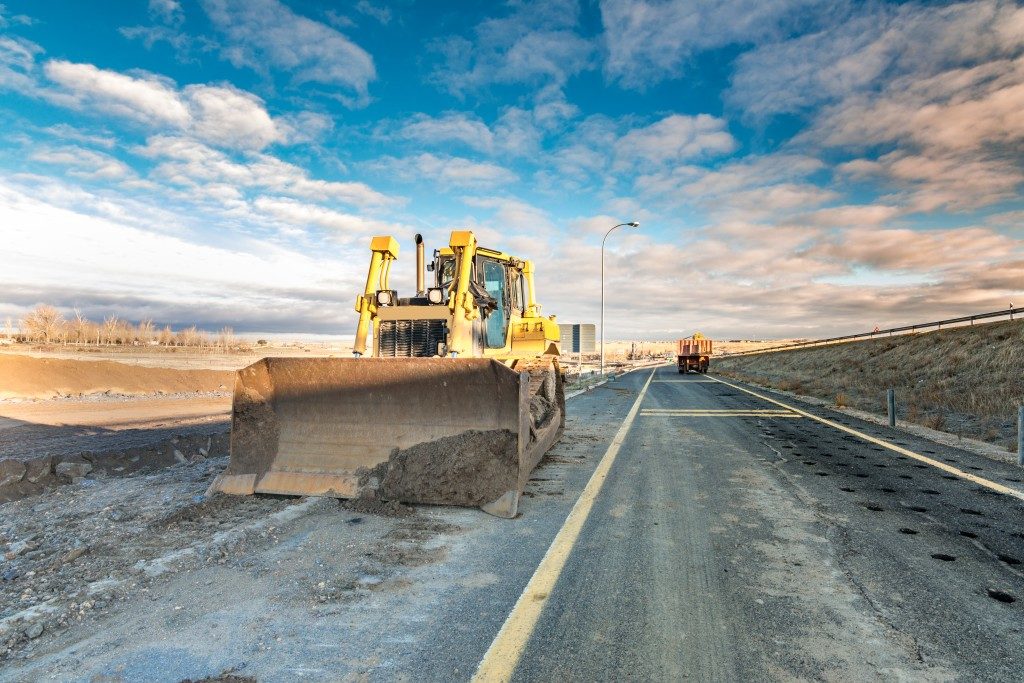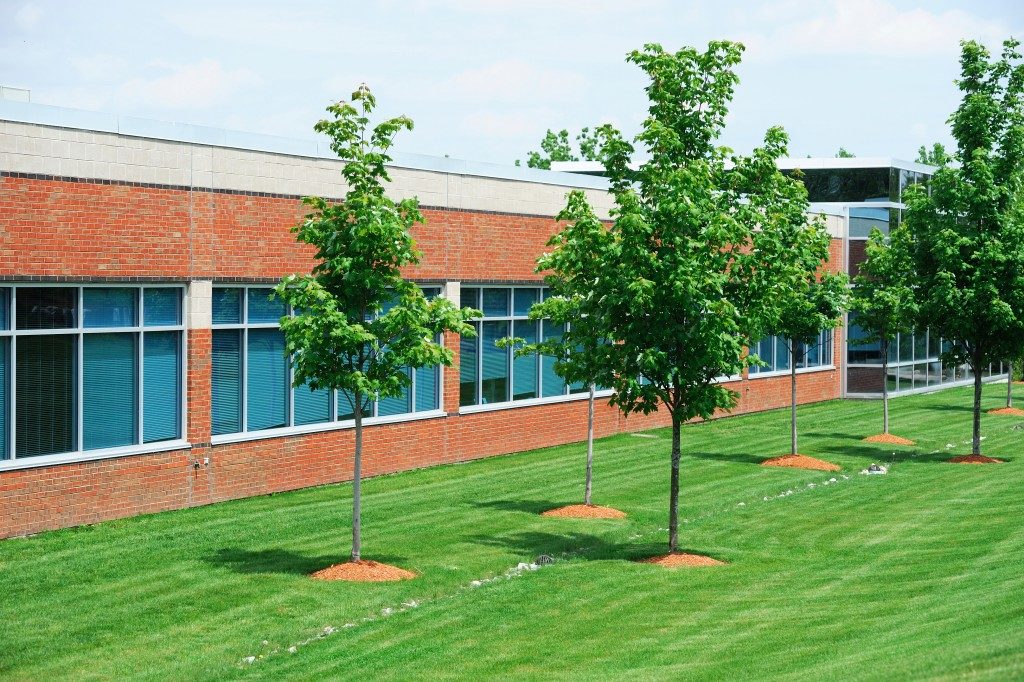The age of information has made it impossible to deny that human beings have had a massive, adverse impact on the majority of other living species and ecosystems. Yet there are those who argue that in a world which operates by the principle of ‘survival of the fittest’, it’s only natural for mankind to consume what it needs to survive, even at the expense of the rest of nature. This argument is appealing to those who run exploitative operations, but it conveniently ignores the big picture – we are all drawing upon finite resources, and rapid loss of biodiversity means that potential solutions in areas such as agriculture or medicine are being eradicated out of human ignorance.
Overcoming misinformation or a lack of knowledge is essential for every individual to choose best practices for their lifestyle and society as a whole to exist in harmony with nature. Here are the three key points to consider.
Start from the right perspective
You’ll often find that people will have varying ideas of what it means to live in harmony with nature. For some, it may involve dramatic lifestyle changes, such as switching to a vegan diet or living off the grid. Others may feel that it’s about being more environmentally aware and responsible in our choices. The lack of a consensus definition can be daunting, but starting from a principle of sustainability makes for great common ground. Rather than frame our daily existence as a struggle against nature, each individual could make a significant contribution to the collective effort for sustainability by understanding their role as a steward of natural resources; it is your response to those who say that individual efforts don’t matter in the overall picture.
Demand breadth and depth of knowledge

Fighting misinformation and addressing gaps in knowledge may well be the key frontier where the battle for sustainability must be waged. Have you ever wondered how leaders in government or business could possibly condone policies and operations which blatantly violate the principles of sustainability? It’s easy to blame such actions on greed and self-interest, but that doesn’t provide a solution; increasing bioliteracy – the dynamic understanding of biodiversity and why we need to be responsible for the management and conservation of living resources – is how decision-makers will truly appreciate the consequences of their actions in the big picture, and reinforces the public drive to hold leaders accountable for negligence in this regard.
Applications in everyday life
Becoming more bioliterate should also inform decisions on the individual level. After all, it isn’t only those living in wilderness areas or indigenous communities who must be stewards of nature; city-dwellers have an impact on the environment, and share this responsibility. Homeowners pruning trees before the Salt Lake City winter may not consider the best approach in terms of the tree itself, or other wildlife species dependent on it; an ISA-certified local arborist will provide the proper guidance. Understanding the effects of your purchases and consumption habits will take a lot of effort, but is the only way to start making sustainable choices; for this reason, various consumer groups have been calling for businesses, especially in the food and manufacturing industries, to provide greater transparency in declaring their sustainability practices. The voice of the consumer is a powerful force; use it to make your desire for a green future be heard.
Humanity’s way of living through previous decades has led us to a global environmental crisis; we can’t continue without adjustment. You can play a part in that change by helping to raise bioliteracy and making informed decisions each day.


